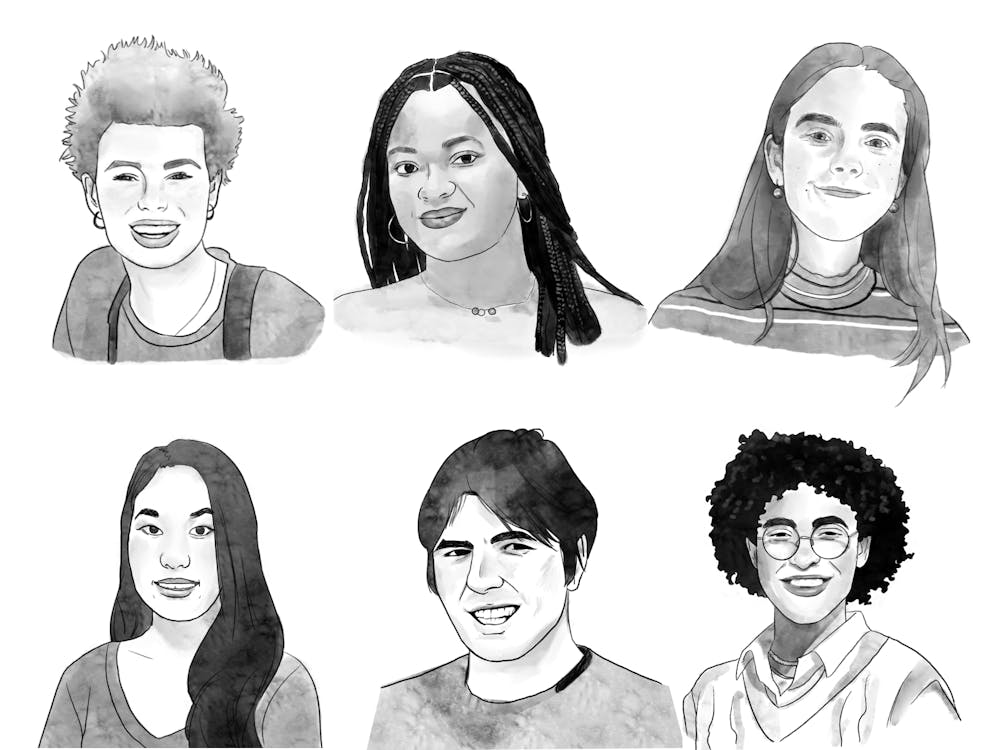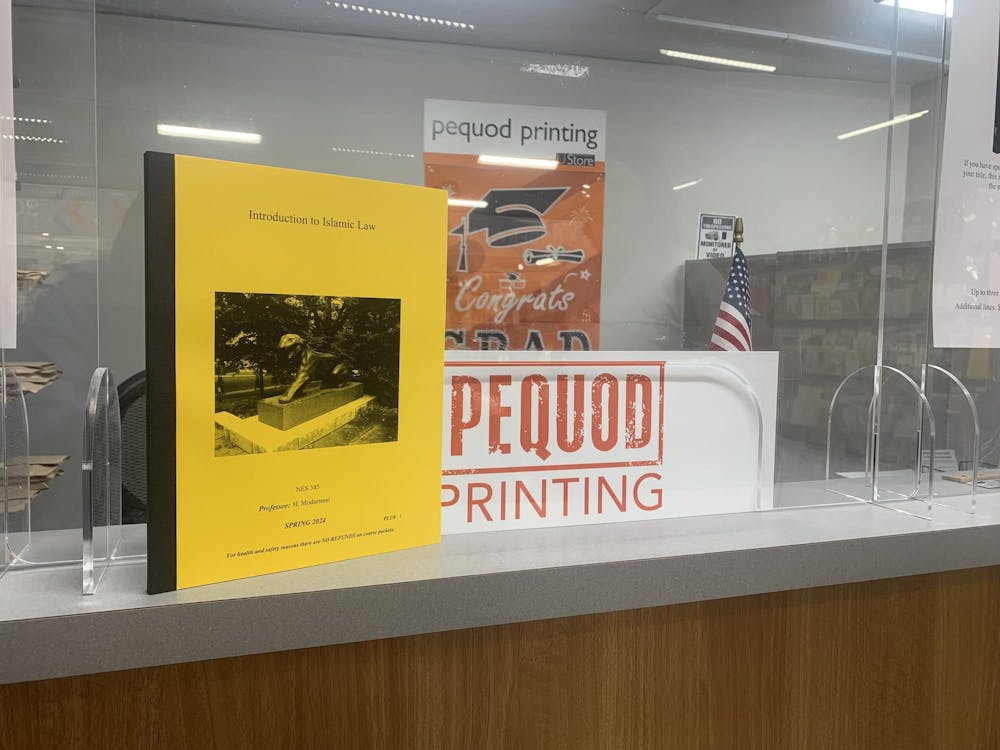Taking the rush hour train across Midtown always seemed to show me the best of the city. The indescribable odors. The sweat created from the unbearable sauna-like heat. The people who would not shut up on their cellphones. Huddled together, you could not shake the eerie feeling that you were just one of a pack of sardines.
Gotta love people. Especially this many people.
Clutching my backpack to my chest with one arm, I awkwardly reached out to a railing, trying my best to avoid any unnecessary physical contact. Each commute became a physical feat, tightly gripping the cold metal pole for physical support, while the arm contorts itself into new and awkward angles to avoid bulky purses and sweaty backs.
But for a second, stuck in the sea of anxious coffee-deprived commuters jam-packed into a metal tin buried hundreds of feet beneath the ground, I almost appreciated being here. Granted, I did not appreciate the cramped space nor the humidity, but I did appreciate the solitude. Despite being surrounded on all sides, gazing out of the window into the blackness of the underground abyss, I was completely alone with my thoughts. It was just…
“Excuse me, ladies and gentlemen,” groaned a middle-aged heckler who attempted to stand up on one of the flimsy plastic seats. “I have a family to feed…”
“Great,” I thought, instinctually shifting my gaze to the pole to avoid accidental eye contact. That way, I could feign ignorance – maybe my iPhone was playing music too loudly to hear or the train car had lousy acoustics. It created doubt, an excuse for being ignorant. And an excuse was all I needed to sleep soundly at night.
And in a way, wasn’t it okay to ignore him? He didn’t have to ruin everyone’s commute by standing up, showing off his grime-coated person, and getting in our faces for money. I didn’t even need to hear the rest, I already thought I knew: “He wasn’t a functioning member of society. And anyways, what could I do? He was beyond saving.”
At the time I felt completely justified in my ignorance and contempt. I had no money to give. Here I was trying to make something of myself, trying to prepare for a career with an unpaid internship – while this man was resorting to begging on a subway.
But later, I realized I was a complete asshole.
In the classroom only months earlier, it seemed so easy to agree with the multiple political philosophers we read who derided vast economic inequality. Sure, we don’t have to give until global marginal benefits and costs are equal, like Peter Singer has proposed. But with people living on the streets, hell, something was clearly wrong in the world and it was up to us to fix it.
It is easy to be a hero in theory. But now, faced with an actual person, when it should have been the easiest to look into his eyes, empathize with his pain and find that extra dollar in my pocket, my hands didn’t budge. Frozen, I just stared blankly into the pole.
Often, we believe that our problem is that we are too quick to objectify those in need — we disconnect them from our reality and, in the process, make it easier to dehumanize and ignore them. Yet here,was a person with a face, a name, a family, that I could see, hear and smell, and I sympathized with him less than any one of the thousands of theoretical people in my ethics’ books. The problem wasn’t that he wasn’t real enough — he clearly was. Rather, it appeared, that something was wrong with me.

But after all, I’m not a heartless monster (at least hopefully not; although by this point some of you may seriously be questioning that). Hundreds of other people had ignored him as well.
It seems all too easy to serve in one minute, and be dismissive in the next. In a world where we are constantly bombarded with time constraints, goals and things to remember, we run the risk of compartmentalization. We focus so much on whatever we are doing in the moment that we shrug off any bump, seeing it as an inconvenience, regardless of the cost. We’ve all had these thoughts, yet many among us constantly seek to help others, whether it is through the Prison Teaching Initiative, Big Sibs or some other program.
It’s not that we are flawed or truly hold derision for others. It’s that we’re busy. And while it’s not ideal, it’s natural. However, in light of this, we need to make a persistent effort to be cognizant of others. Stepping back for a second to make sure that we are not being that asshole on the subway like I was is a great step in the right direction.
Ben Dinovelli is a Wilson School major from Mystic, Conn. He can bereached at bjd5@princeton.edu.








